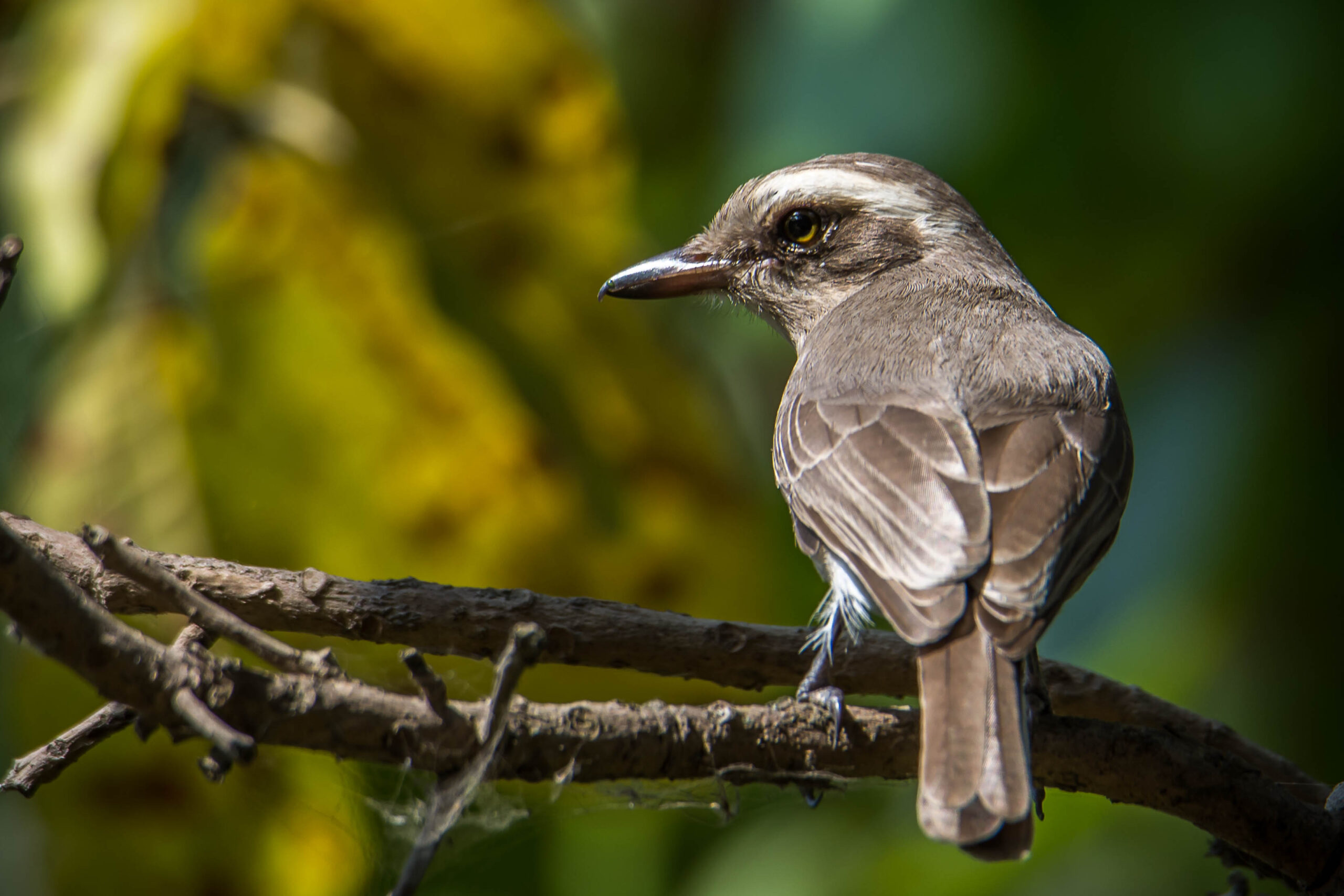
Common Woodshrike
Tephrodornis pondicerianus
Order:
Family:
Size:
15-16 centimeters (6-6.3 inches)
Weight:
14 to 22 grams (0.5 to 0.8 ounces)
Taxonomy:
Carl Linnaeus in 1766
Short Description:
Common Woodshrike (Tephrodornis pondicerianus) is a medium-sized bird commonly found in Pakistan. It measures around 15-16 centimeters in length and has a distinctive white eyebrow and throat, contrasting with its greyish-brown upperparts. Its bill is stout and hooked, ideal for catching insects, which comprise the bulk of its diet. The sexes are similar in appearance.
Far far away, behind the word mountains, far from the countries Vokalia and Consonantia, there live the blind texts. Separated they live in Bookmarksgrove right at the coast
Common Woodshrike is widely distributed across various habitats, including open woodlands, scrublands, and forest edges. It can be spotted in both rural and urban areas, often found perched on tree branches or utility wires. Its range covers many regions of Pakistan, from the fertile plains of Punjab to the rugged landscapes of Balochistan and the diverse ecosystems of Khyber Pakhtunkhwa.
Common Woodshrike is an active bird, constantly on the move as it hunts for insects. It uses its sharp bill to capture prey, often darting out from its perch to snatch flying insects mid-air. Its distinctive call, a series of melodious whistles, can be heard echoing through the woodlands where it resides. During the breeding season, males may engage in territorial displays, singing loudly and chasing away intruders to protect their nesting sites. Despite its small size, the Common Woodshrike is an important component of Pakistan’s avian biodiversity, contributing to the ecosystem through insect control and serving as an indicator of habitat health.
Far far away, behind the word mountains, far from the countries Vokalia and Consonantia, there live the blind texts. Separated they live in Bookmarksgrove right at the coast
About Photographer : Hello World
Facebook
Twitter
Instagram
Flicker
LinkedIn


